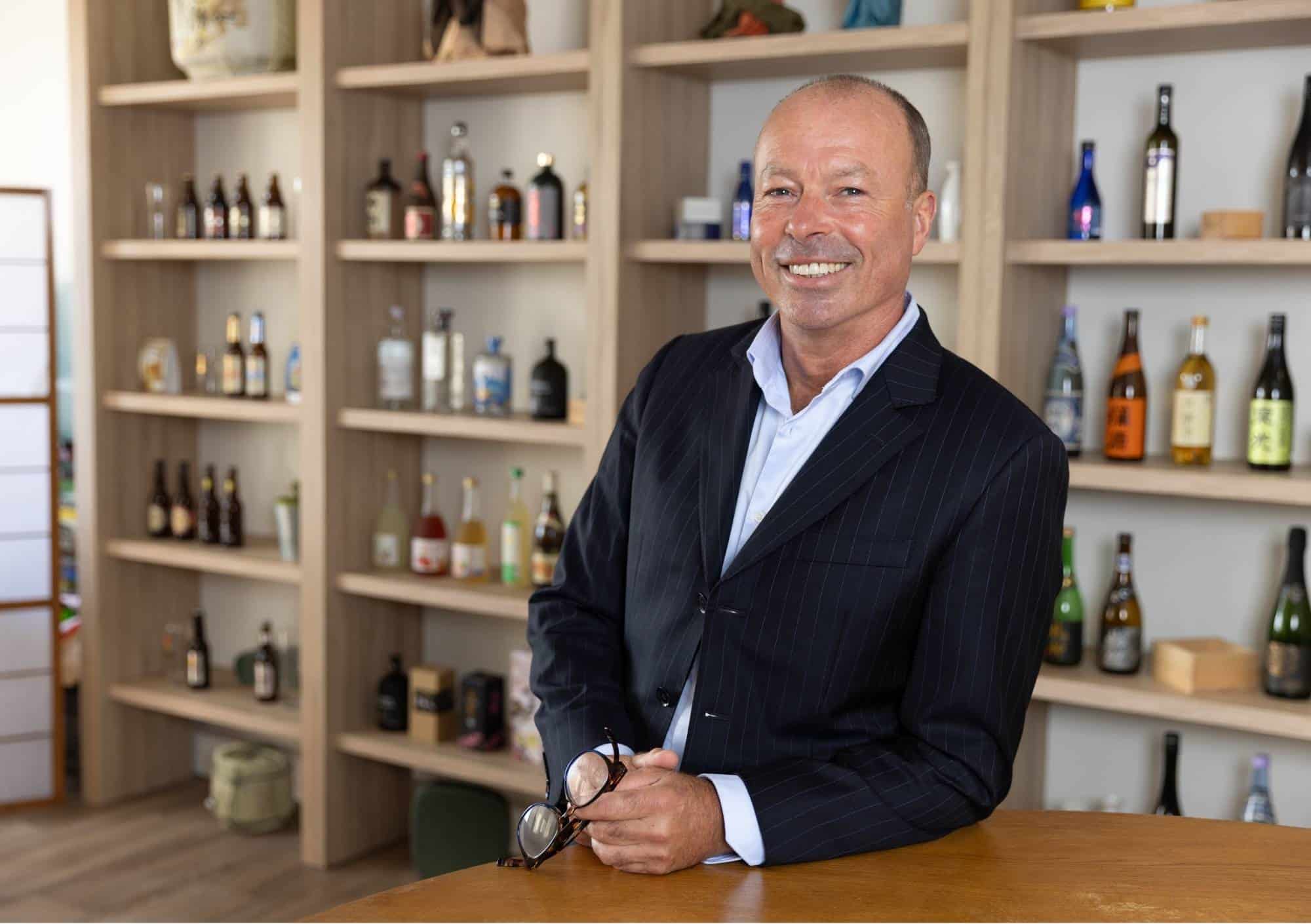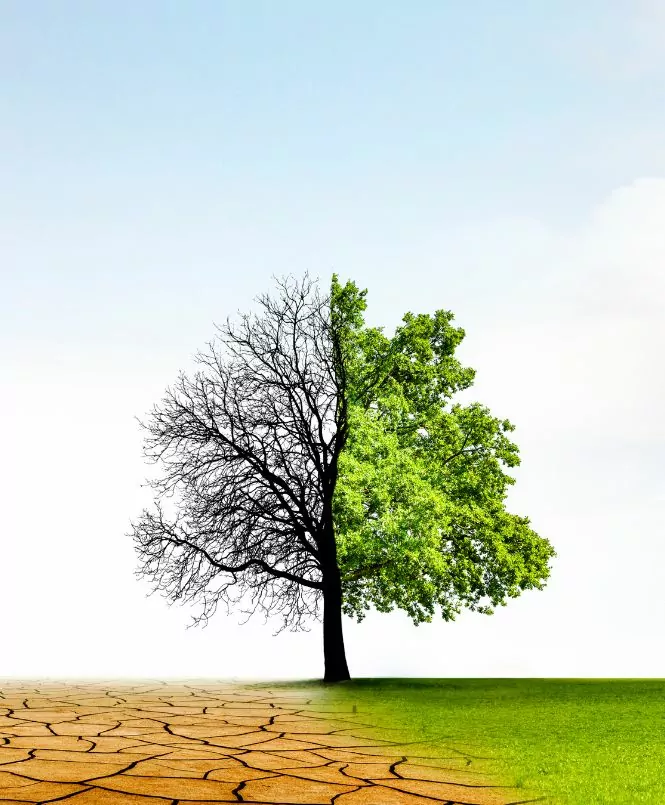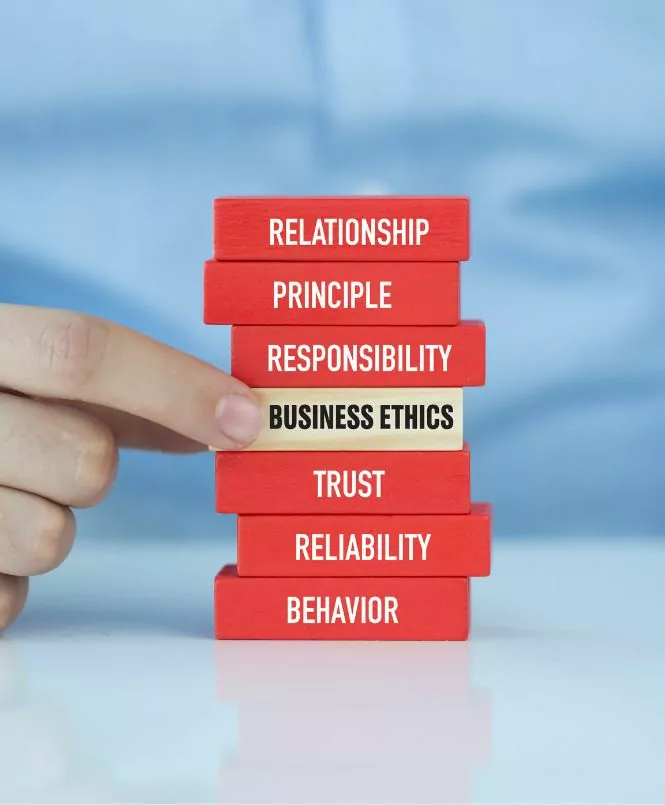Professional Access
Our CSR commitments

A word from the President
Foodex CSR vision connects our company’s strategies and operations with our global sustainability priorities. CSR is a more than a concept that captures the trends of business. As one of the leading European importers/distributors of Japanese – Asian Food & beverages for the restaurant industry, we’ve formulated our CSR policy to take appropriate initiatives regarding environmental, economic, and social concerns of sustainable development while doing our business operations. We are focusing on long-term goals, and penetrate all areas of our group’s business relationships, transforming our company’s behavior towards significant impacts in the future. Every passing day, we work on corporate social responsibility issues including sustainability, food waste, soft drinks, packaging, animal welfare, but also energy alternative programs, transport routes and supply chain operations. All level of business ethics embraced with strong common values are implemented in our corporate strategy to support the effectiveness of operations running in the company resulting in important factors of competitiveness. It’s all about walking the talk and demonstrating our commitment to reducing environmental impact, reusing resources, and making a positive social impact especially for the interaction with customers and our activities


Our vision
Our long-term vision is “To spread the best of Japanese gastronomy for your pleasure, your health and that of the Planet: Smiles in life”.
Our activity leads us to be aware of our environmental, social and economic impact, and to implement a CSR strategy to meet the challenges of the 21st century:
- To offer responsible food: healthy, safe and at the right price to meet our customers’ expectations, with the help of our suppliers.
- To reduce our environmental impact with the aim of fighting climate change and food waste, to preserve natural resources and biodiversity.
- To guarantee safe and healthy working conditions to enhance the professional fulfillment of our employees.
Our strength lies in our human capital. As this African proverb so aptly puts it, “alone we go faster, together we go further!” - To develop our local roots through community partnerships in a “win-win” relationship.
“If you don’t take change by the hand, it will take you by the throat” – Winston Churchill
Our CSR commitments

Governance
- Commitment #1: to integrate CSR issues into the FOODEX Group’s strategy and apply them at all levels (from management to employees).
- Commitment #2: to report our CSR performance transparently, in order to meet the regulatory obligation of CSRD (Corporate Social Responsibility Disclosure).

Environment
- Commitment #3: to act against climate change in terms of mitigation and adaptation.
- Commitment #4: to preserve natural resources and biodiversity.

Social
- Commitment #5: to make FOODEX a place that promotes professional fulfillment by meeting our employees’ needs in terms of skills development and mobility.
- Commitment #6: to ensure the health, safety and well-being of our employees by reducing the arduousness of work throughout the supply chain.

Ethics
- Commitment #7: to work together, internally and externally, to promote ethical development throughout our value chain and increase our territorial anchorage.

Major Actions – Governance
- The position of CSR Manager has been created and is attached to the Foodex Group’s highest management level to define and coordinate CSR policy, and to communicate and raise awareness internally and externally of the approach taken. Qny question? Please contact us.
- Since early 2024, Foodex has adhered to the UN Global Compact and its 10 principles relating to human rights, international labor standards, the environment and anti-corruption, in line with our CSR values and commitments. Through its membership, the Foodex Group undertakes to integrate these principles into its strategy, culture and day-to-day operations, and to communicate publicly on its commitment in order to involve its stakeholders in the approach and to share the progress made.
- Foodex has been awarded the “Committed Company” label for its CSR performance by EcoVadis. This is adapted to our business sector, with a structured and proactive approach to CSR, tangible policies and actions on major issues, and basic CSR reporting on key actions or performance indicators.

Environment
“Measure to understand, understand to act effectively”.
- Foodex has carried out a carbon footprint of its activities for all its European sites for the year 2022. For more information, contact us.
- To raise employee awareness of climate issues, several Climate Fresk workshops were organized in France, with participation rates ranging from 50% to 83%.
- From a logistics point of view, Foodex works with committed service providers to reduce the carbon emissions of deliveries.
- In response to our customers’ desire to move away from single-use plastic, we have developed a range of 100% recycled and recyclable rPET trays. To find out more, read our article and white paper on food packaging.
- Over 20% of our seafood comes from sustainable fishing (MSC certification) and sustainable aquaculture (ASC certification).
- To limit food waste, Foodex extends the best-before date on products after joint validation by the quality department and suppliers. Unsold products are donated to local associations and employees.

Social
- To prevent incidents in the warehouse, our teams have introduced measures such as warm-ups at the start of shifts and safety protocols for loading and unloading.
- A monthly HR newsletter informs and sensitizes employees on a variety of subjects, such as non-violent communication, disability, parental leave, etc. It also communicates on new arrivals, professional anniversaries, job openings and highlights an employee through an interview.
- Foodex employees have the opportunity to purchase products at a preferential rate, so that they can extend their passion for Japanese gastronomy at home!
- An annual Quality of Working Life (QWL) and Well-being at Work commitment survey was launched at the end of 2023 to find out our employees’ expectations and prioritize actions in 2024.
- Festive and teambuilding events are organized to strengthen team cohesion.
- Finally, a welcome booklet and onboarding procedures have been implemented to facilitate the integration of new arrivals.

Ethics
- To meet our customers’ expectations in terms of animal welfare, we include these criteria in our discussions with our suppliers and in their specifications, while raising the awareness of our purchasing and sales teams, particularly with regard to compatibility with halal and kosher practices. To find out more, see our FAQ.
- The Takara Group, our Japanese parent company, has established guidelines for compliance and social ethics. We regularly sensitize our employees to key issues such as harassment, human rights, anti-corruption, cartel prevention and information security.
- Foodex has 2 harassment referents and a whistle-blowing procedure visible at all sites (posters). This procedure covers any breach of the code of conduct, any attempt at concealment, misconduct or violation of the law or regulations.
- During their integration programme, new employees are made aware of the principles of food safety and HACCP by the Quality department.
Our FAQ
As an importer and distributor of food and non-food products from Japan and elsewhere, the Foodex Group is aware of the impact of its activities on the environment and on society (employment, working conditions and quality of life, etc.). That’s why the Foodex group has initiated a CSR approach as of 2019.
The Foodex group has assessed the carbon footprint of its activities on scopes 1, 2 and 3 for all its sites (head office, warehouses, subsidiaries) located in France and Europe (Belgium, Italy, Switzerland, Netherlands and Germany). As part of this process, employees were made aware of climate issues via the Fresque du Climat workshops, and were consulted to suggest ways of reducing our carbon footprint.
Since the beginning of 2024, the Foodex Group has adhered to the 10 principles of the UN Global Compact. Through its membership, the Foodex Group undertakes to:
- implement changes in business operations, so that the UN Global Compact and its ten principles become part of strategy, culture and day-to-day operations.
- publicly communicating its commitment, involving stakeholders in the process and reporting on progress (CoP: Communication on Progress).
In May 2024, the Foodex Group was awarded the EcoVadis “Committed Company” label for its CSR performance. According to the EcoVadis methodology (aligned with global benchmarks, based on the concept of continuous improvement (PDCA) and recognized worldwide) our CSR performance is adapted to our business sector with :
- a structured, proactive approach to CSR,
- tangible policies and actions on key issues: environment, social & human rights, ethics and responsible purchasing
- basic CSR reporting on key actions and performance indicators.
Faced with the major environmental, social and economic challenges facing humanity, the UN has defined 17 goals to be achieved by 2030 for a more sustainable world. These SDGs define global priorities and aspirations with the aim of guiding everyone’s efforts: companies, governments and civil society (i.e. all of us as citizens).
The FOODEX Group considers it a priority to increase its positive impact and reduce its negative impact throughout its value chain on the following SDGs:

CSR or CSO (Corporate Social Organization) refers to the implementation of sustainable development within a company or organization. In concrete terms, this means integrating social, environmental and economic concerns into their activities and interactions with their stakeholders on a voluntary basis. The European Commission has extended this definition to “the responsibility of companies for the effects they have on society”.
In Europe, animal slaughter is governed by regulation (EC) no. 1099/2009. While prior stunning is mandatory (article 4, paragraph 1), it is left to the free will of member countries for ritual slaughter (derogation). Thus, animal welfare is compatible with ritual slaughter, if prior stunning is practiced. This is the case in certain European and non-EU countries (Sweden, Norway, Denmark, Finland, Slovenia, Switzerland and Belgium), where slaughter without prior stunning is completely prohibited, including for ritual slaughter.
In France, halal certification requires animals to be killed without prior stunning. This is more out of custom than religious necessity, given that it is accepted in certain predominantly Muslim countries (such as Indonesia, the country with the highest Muslim population in the world (229 million), and Jordan), and that leading figures in the Jewish and Muslim communities are in favor of it. (source: L214)
In Austria, Greece and Estonia, stunning is carried out post-slaughter to shorten the suffering associated with agony, which can last several minutes.
Germany and the Netherlands authorize ritual slaughter without stunning solely to meet local demand (quota principle) and prohibit its export, unlike France.
For further information: Ritual slaughter without stunning in European countries
(source : Eurogroup For Animals)

In February 2019, the European Court of Justice recognized that slaughter without stunning (halal or kosher) is not compatible with the “organic” (AB) label. Thus, animals raised in compliance with organic (AB) specifications and intended for ritual slaughter can be ORGANIC, only if there is prior stunning of the animal before bleeding.
1/3 of the food produced on the planet is thrown away without being eaten! This waste has economic, environmental and social costs. The FAO has estimated this economic consequence: the direct cost of lost or wasted products amounts to 900 billion euros per year. If we add the environmental and social cost, we’re talking about 2,340 billion euros, equivalent to Italy’s annual GDP.
To do our part, we extend the minimum durability date (MDD) of products whose taste, organoleptic, physical and nutritional qualities have been preserved, after joint validation by our quality department and our suppliers. Unsold products are systematically donated to local associations and employees.
To find out more, consult the EU Platform on Food Losses and Food Waste from the European Commission or the FAO report.
Do you have any questions about our CSR approach?
Contact usSign up for our newsletter!
And receive information on the latest trends, our products, events, and partnerships.

